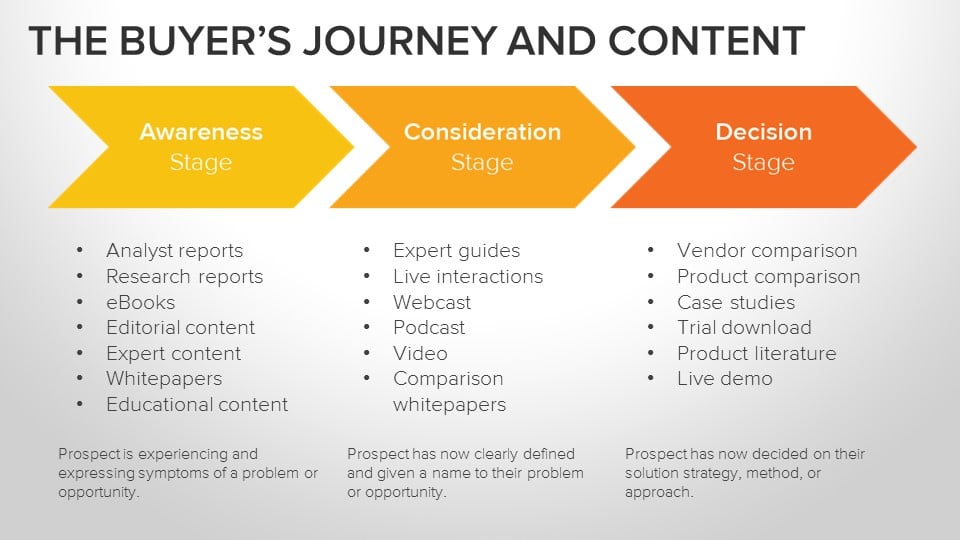How to Write Engaging Content
Posted by Sarah Wai on Sep 2, 2019 5:00:00 PM

When I began blogging, I took the approach of purely factual and informative writing. Can I be honest? It was boring to write, and even more boring to read. Nobody cares to read blogs that are full of information and lack the human touch. Information is important, sure. However, it's how you present that information that determines its success. If you're looking to engage your audience more than you currently are, you've come to the right place.
Writing to Engage and Persuade
Think about any conference or presentation you have ever attended. The ones that left an impression weren't the ones that you nodded off at. They were the ones that engaged you and persuaded you with honesty, humor, and just that real-life human touch.
Blogging requires this approach just as much as any physical presentation. Let's dive into how you can actively engage and persuade your audience.
Don't Be Afraid to Show Your Personality
Every writer at Tribute Media has a personality (obviously, because they're human), and it is so refreshing to see their personalities come out in their writing. It makes their content real. Relatability is essential to success in blogging, so don't be afraid to put a touch of your personality into your writing!
Conversational Over Factual
As I said before, purely factual and informative writing isn't engaging. Sure, it can be helpful at times, but generally, helpful information isn't enough to keep people reading on. When you make your content conversational, you essentially put your readers in a position to picture themselves as part of the conversation. It gets them thinking about how the content applies to them. They see its real-life application, whether that's to answer their questions, help solve their problems, etc.
Write Like the Real Person You Are
It's difficult for audiences to read jargon that is specific to your industry. Many times, they don't understand it, and things can get lost in translation. Depending on your industry, you might need more specific jargon (but typically that's more appropriate for gated content). Believe it or not, there is such a thing as writing too smart for your audience. If you don't simplify your writing, you may lose your audience. Just be wary of your audience and keep in mind that they may not know what you are referring to. One thing I have found helpful is to include a definition or elaboration of the concept you are talking about. This helps your audience's level of understanding rise and puts you in a position of the "Knowledgable Informer".
It's also important to remember that there are different tiers in the buyers journey and each tier needs different types of content (and ways in which that content is written). For example, if someone is in the Awareness stage, you want to keep things simple and try to answer the most basic of questions. Blogs are meant to be aimed at buyers in the awareness stage. Past that stage, there are other types of content you want to be providing to bring them further and further down the buyers journey. Learn more about the different stages and which types of content are appropriate below:

Source: HubSpot
Written by Sarah Wai
Former Content, Email, and Social Media Marketing Specialist of Tribute Media. Bachelor of Science in Digital Communication Arts and Master in Business Administration.


